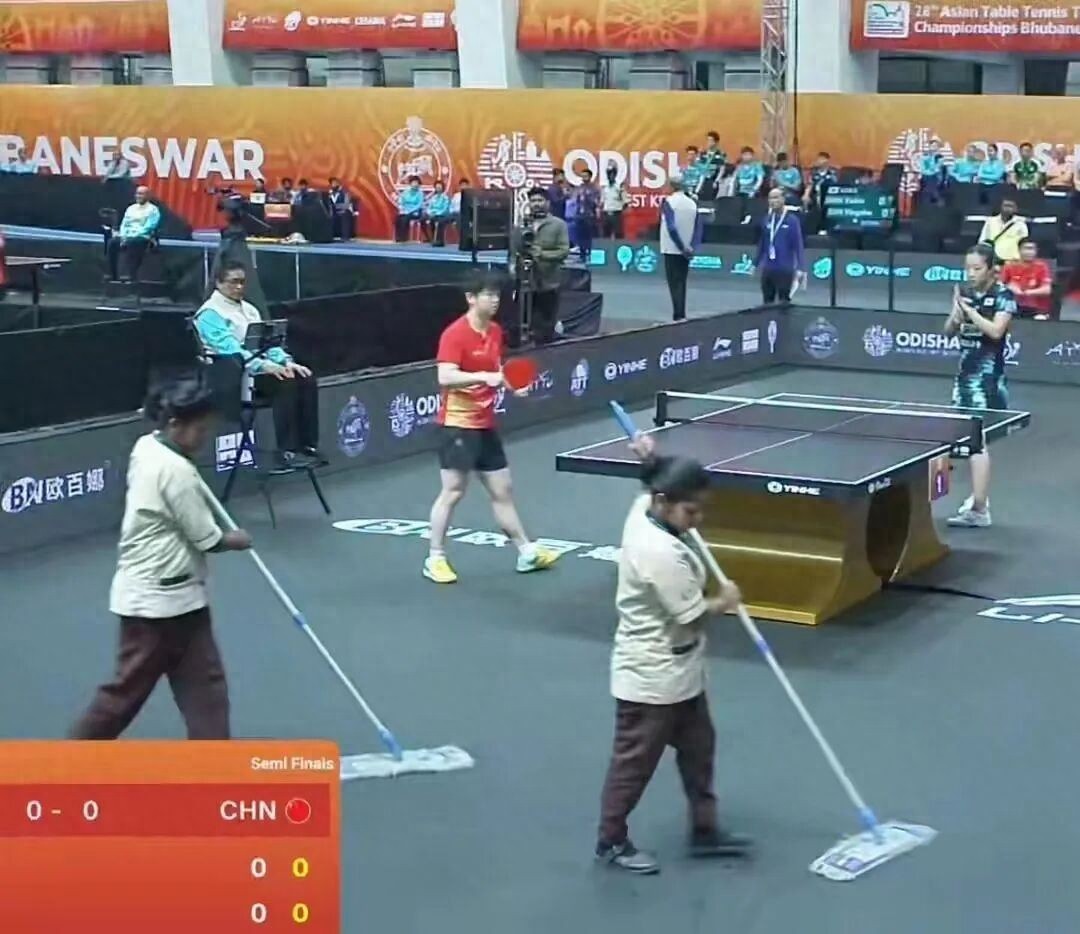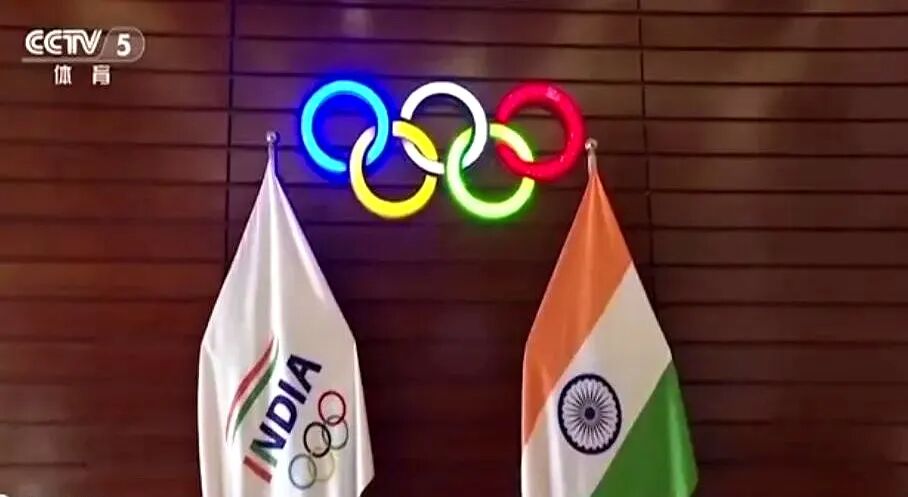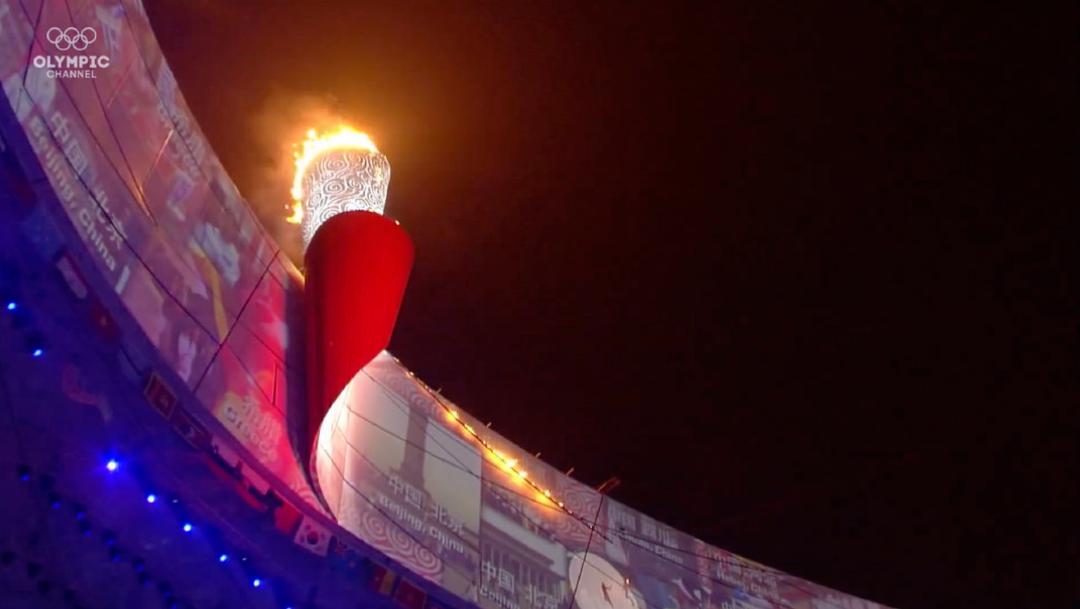India is eager to host the Olympics! Why do they keep failing? The Asian Table Tennis Championships provide the answer!
As an unofficial "toilet reader" and "digital snack," today I’m delivering a post with some substance for the brothers.
Of course, if you miss lunch, don’t blame me; I also respect friends who can watch and eat with great appetite simultaneously.
...
In the past few days, I’ve come across quite a few short video clips from the Asian Table Tennis Championships.
Those who know are aware that this event took place from October 11 to 15 in Bhubaneswar, India, marking the first time India hosted this competition.
No need to elaborate on the results: China swept the championships. The men’s team semifinal against Japan went to a full 25 games, with China trailing 0-2 but staging a remarkable comeback—truly a classic match.
...But that’s not the main point today; after all, it would only be newsworthy if China didn’t win.
India, this fascinating country, once again demonstrated its event-hosting capabilities.
As expected, unexpected problems arose again.
Seeing the following, you might find it funny, puzzling, or think it’s just routine...

Some of the memorable moments from this event include but are not limited to:
Bird droppings attack: Wang Manyu was warming up lying on the ground when nearly bombarded by bird droppings, startling her into a sudden jump.
Roof fountain: During a heated match, Sun Yingsha suddenly had water leaking from above, with staff running around holding mops—the scene resembled flood control efforts.
Frog guest: A lively frog appeared beside the table, prompting netizens to joke, “Is this India’s special ‘eco-friendly stadium’?”
Drone disturbance: While Lin Shidong was playing, a drone flew low over the table, nearly turning into a “ping pong plane” incident.
Venue: A temporary conversion of an athletics stadium without air conditioning, feeling like a giant steam chamber.
Welcome banquet: The “main dish” was just a single banana, which had to be eaten by hand.
Living conditions: The tap water was murky and yellowish.

The most amusing scene was:
At the award ceremony, after Lin Shidong received flowers from the organizers, he instinctively sniffed them, then frowned and grimaced, exclaiming “It smells terrible,” and even pulled teammate Zhou Qihao to smell the foul scent.
He then sniffed the flowers twice more to confirm, even smelled the mascot doll, repeatedly gagging from the smell, which made Wang Hao laugh.
The first thing they likely did after returning home was to take a bath.

For this competition, the Chinese team’s logistics support was painstakingly thorough.
They brought 200 boxes of bottled water, 50 boxes of instant food, disinfectant equipment, electric cookers; nutritionists strictly controlled diets, and medical teams ensured health...
This was a lesson learned.
During the 2024 Shooting World Cup Finals, Chinese athlete Li Yuehong arrived in New Delhi, India, and on the first day suffered a bacterial infection causing a stye in his eye...
The Chinese delegation prepared extensively for difficulties but still encountered many unforeseen issues.
It’s not about underestimating India; with such event-hosting skills, even our village-level games are better organized.

However, a more abstract issue is that India has long desired to host the Olympics.
Despite repeated failures, they have already submitted a bid for the 2036 Olympics and invested heavily in promotional videos.
Their Prime Minister Modi stated, “We will do our utmost to host the 2036 Olympics on Indian soil. This is the ancient dream and aspiration of 1.4 billion Indians.”
It’s easy to understand—they have witnessed the massive success of the Beijing Olympics and the opportunity it provided to showcase a great nation’s image.
They believe they can do it too.
But India has already “failed” before.
In 2010, India hosted the Commonwealth Games.
And the result?
A collapsed pedestrian bridge in the stadium, swimming pools contaminated with E. coli 300 times above safe levels, many athletes suffering severe diarrhea and skin diseases...
The head of the Australian delegation angrily said, “This is the worst accommodation I’ve ever seen in my life.”
That event was marred by corruption, out-of-control infrastructure, and health crises, becoming an international embarrassment and was called one of the most failed games in history.
With such a dark history, India’s chances of successfully bidding for the Olympics are even slimmer.

Let me say more—not to boast about ourselves, but China’s ability to host events from the Olympics to the Winter Games is genuinely impressive:
The International Olympic Committee is very eager for China to bid because it’s hassle-free.
Would a joint bid from the Guangdong-Hong Kong-Macau Greater Bay Area not work? In terms of capability, it’s definitely no problem.
But for us, it’s possible but unnecessary.
We have long passed the stage of “showing off muscle” by hosting the Olympics.

If, and I say if,
India actually succeeds in bidding (currently competing with Qatar, Saudi Arabia, Indonesia, and Turkey), when the 2036 Olympics arrive, the events I’d be most interested in wouldn’t be basketball, athletics, or table tennis...
But rather those held in open water, like the triathlon.
If they win the bid, then the triathlon swimming portion would be in the Ganges River—one sip and you’d get the whole periodic table...
However, I suggest the Chinese sports delegation seriously consider whether to participate.
After all, health comes first, competition second.
If even a table tennis event is like this, what about a comprehensive Olympic Games? That would be something else entirely.


Wonderfulshortvideo
Kevin Durant back in OKC for his Houston Rockets regular season debut 🔥🍿


It all begins tonight ✨ @houstonrockets


Practice makes magic… Luka Dončić works on his incredible shot-making


Defending champ is ready to host the Rockets 7:30 PM/ET on NBC and Peacock 📺


Shai already got the drip but more to come… 👀 💍 OKC ring ceremony at 7:00 PM/ET


Don’t miss out @OKC Thunder ring ceremony 💍 7:00 PM/ET 🏀 game at 7:30 PM/ET on NBC and Peacock 📺


Let the work talk.








 Links
Links
 Contact
Contact
 App
App


